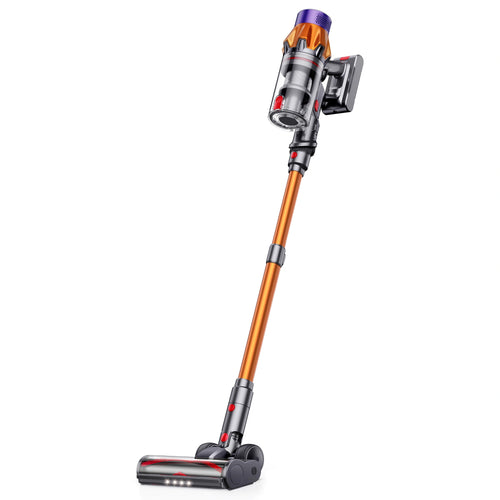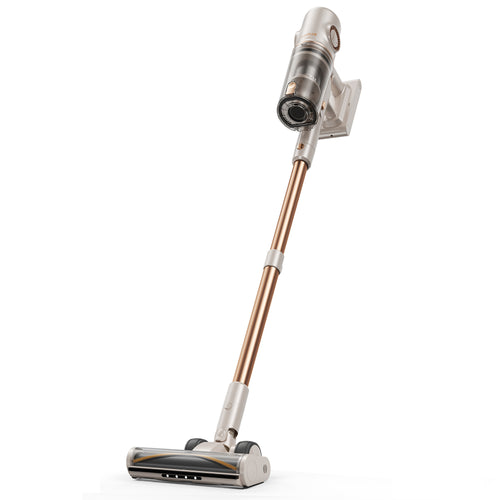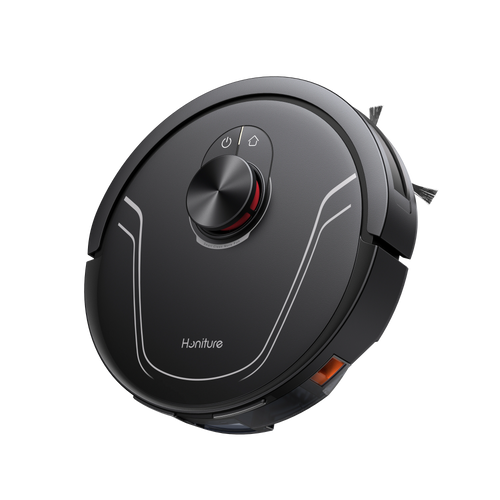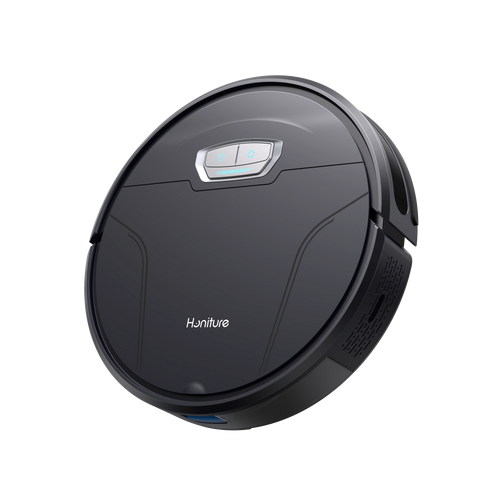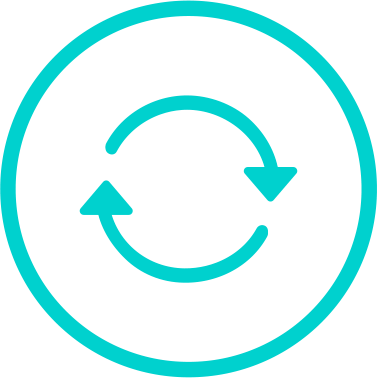Do you have pets that shed hair? Or are you allergic to pollen every spring? More and more families are turning to vacuum cleaners as a cleaning tool, maintaining a clean and fresh air environment. But you might not know that the strength of your vacuum's suction and the cleanliness of its air output depend heavily on the HEPA filter. It acts like the "lungs" of the vacuum cleaner, filtering out tiny particles of dust, hair, and even allergens. To ensure efficient operation and healthier air, learning how to properly clean and maintain the HEPA filter is crucial.
What is a vacuum cleaner HEPA filter?
HEPA stands for "High-Efficiency Particulate Air Filter." It's a specialized mechanical air filter composed primarily of randomly arranged glass or chemical fibers. Like a high-tech "shield," it filters out tiny, invisible particles from the air, ensuring the air your vacuum cleaner exhales is cleaner than the air it inhales. It can intercept 99.95% or even more than 99.97% of tiny particles, including dust, pollen, mites, bacteria, and some viruses.
How do HEPA filters in vacuum cleaners work?
Simply put, the suction rotating brush sucks away pollutants, debris, and hair from floors or carpets, and then captures particles of different sizes through the fiber mesh structure, thereby achieving the effect of purifying the air. It mainly relies on four physical effects: inertial collision, interception, diffusion, and electrostatic attraction.
Why is a HEPA filter important for a vacuum cleaner?
HEPA filters are important because they significantly improve your vacuum's cleaning performance and indoor air quality, and are particularly beneficial for the following groups of people:
For allergy sufferers and asthma sufferers
Vacuum cleaners stir up large amounts of allergens, including dust, pollen, dust mites, and pet dander. Without a HEPA filter, these tiny particles can be re-released into the air with the exhaust, exacerbating allergy or asthma symptoms. A HEPA filter effectively captures these allergens, preventing secondary contamination.
Those who need to improve indoor air quality
Even if you don’t have allergies, HEPA filters can remove harmful substances such as bacteria and mold spores from the air, making the exhaust air cleaner and creating a healthier breathing environment for the family.
For those who want a deeper clean
Regular vacuum cleaner filters trap larger debris, while fine dust escapes. HEPA filters capture these fine particles for a more thorough clean.
Therefore, Honiture brand cordless vacuum cleaners and robot vacuum cleaners are equipped with high-efficiency HEPA filters to protect the health of you and your family. In addition, Honiture also has its own brand of HEPA replacement accessories, so users can also purchase original HEPA when they need to replace it.
How do I clean my HEPA filter?
How to clean a HEPA filter depends on whether it's washable. Your vacuum cleaner brand will typically provide instructions.
These filters are typically made of paper and should not be exposed to water, as this will damage the fiber structure.
Non-washable HEPA filter
Take the filter out of the vacuum cleaner and gently tap or use a soft brush to remove the dust on the surface. Note: When cleaning with a brush, do not use too much force to avoid damaging the surface filter fibers.
Washable HEPA filter
First, the vacuum cleaner should be moved outdoors to prevent dust and debris from the Hepa filter from being dropped back into the room during cleaning. This could release dust and allergens back into the air, causing secondary pollution.
- Remove the filter and rinse it slowly with cold water until the water runs clear.
- Do not use any detergents or scrub vigorously with a brush to avoid damaging the filter.
- After cleaning, place the filter in a well-ventilated area and allow it to dry completely for at least 24 hours. Important: Never return the filter to the vacuum cleaner until it is completely dry, as this may cause mold or damage the motor.
Note: Consult the instructions or the brand to determine whether a cleaning agent is necessary.

How long is the general replacement cycle of HEPA vacuum cleaners?
There is no fixed standard for the replacement cycle of HEPA filters. It usually depends on the following factors:
- Frequency of use: If you use your vacuum cleaner daily, the replacement cycle will be shorter.
- Clean environment: If your home is dusty, has pets, or is used by smokers, the filter will get dirty faster and need to be replaced more often.
- Brand recommendation: Most vacuum cleaner manufacturers recommend replacing HEPA filters every 6 to 12 months.
It is recommended to replace the HEPA filter when:
- Suction power has decreased significantly, even after emptying the dust container.
- The air coming out of the vacuum cleaner has an unpleasant odor.
- The filter surface is visibly damaged or discolored.

Conclusion: Maintaining your HEPA filter is an investment in your health
The HEPA filter isn't just a component of your vacuum cleaner; it's the last line of defense for maintaining your home's air quality. Regular and proper cleaning and maintenance not only maintains your vacuum's powerful suction power and extends its lifespan, but also effectively removes fine dust, allergens, and harmful particles from the air, creating a truly clean and healthy breathing environment for your family.
FAQ
1. How often do I need to clean my HEPA filter?
This depends on your usage and environment. Generally, we recommend cleaning it every 1-3 months. If you have pets or your home is dusty, you may need to clean it more frequently, perhaps once a month.
2. Why has my vacuum cleaner's suction power decreased?
The most common cause of reduced suction power is a clogged HEPA filter. When the filter becomes clogged with dust, airflow becomes restricted, reducing suction power. Regularly cleaning or replacing the filter can effectively address this issue.
3. What happens if I accidentally wash my HEPA filter with hot water?
Do not use hot water to clean the HEPA filter, as this may damage the filter's fiber structure and reduce its filtration efficiency. Always use cold water for cleaning.
4. I cleaned the filter, but forgot to wait for it to dry completely before putting it back in. Will this affect its function?
This can have serious consequences! If the filter is not completely dry before being put back into the vacuum cleaner, the residual moisture may cause the filter to mold, produce odors, and even corrode the motor, causing damage to the vacuum cleaner. Therefore, make sure it is completely dry before using it.
5. Can I use a hair dryer to dry the HEPA filter?
This is not recommended. The high temperature of a hair dryer can damage the filter material just like hot water, and strong winds can loosen the fibers, reducing filtering effectiveness. The best method is to air dry the filter in a well-ventilated area to ensure safety and effectiveness.
6. How do I know when it’s time to change my HEPA filter?
Besides the brand's recommended replacement period (usually 6-12 months), you can look for a few signs that your vacuum cleaner is due: a noticeable decrease in suction power that doesn't improve after cleaning; an unpleasant odor in the air exhausted by the vacuum cleaner; or damage, severe discoloration, or indelible stains on the filter surface.
























